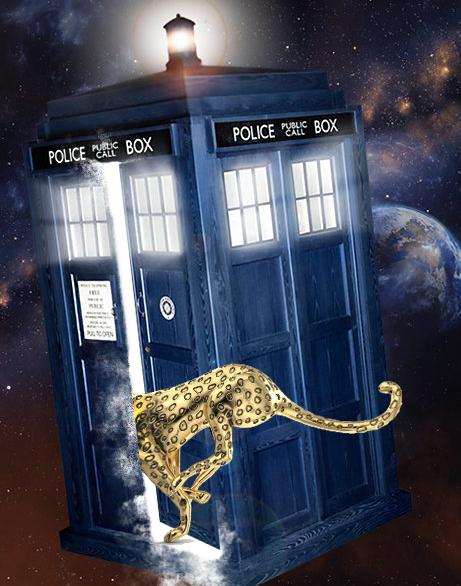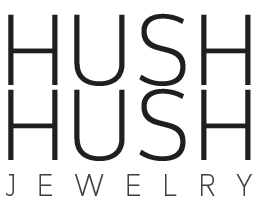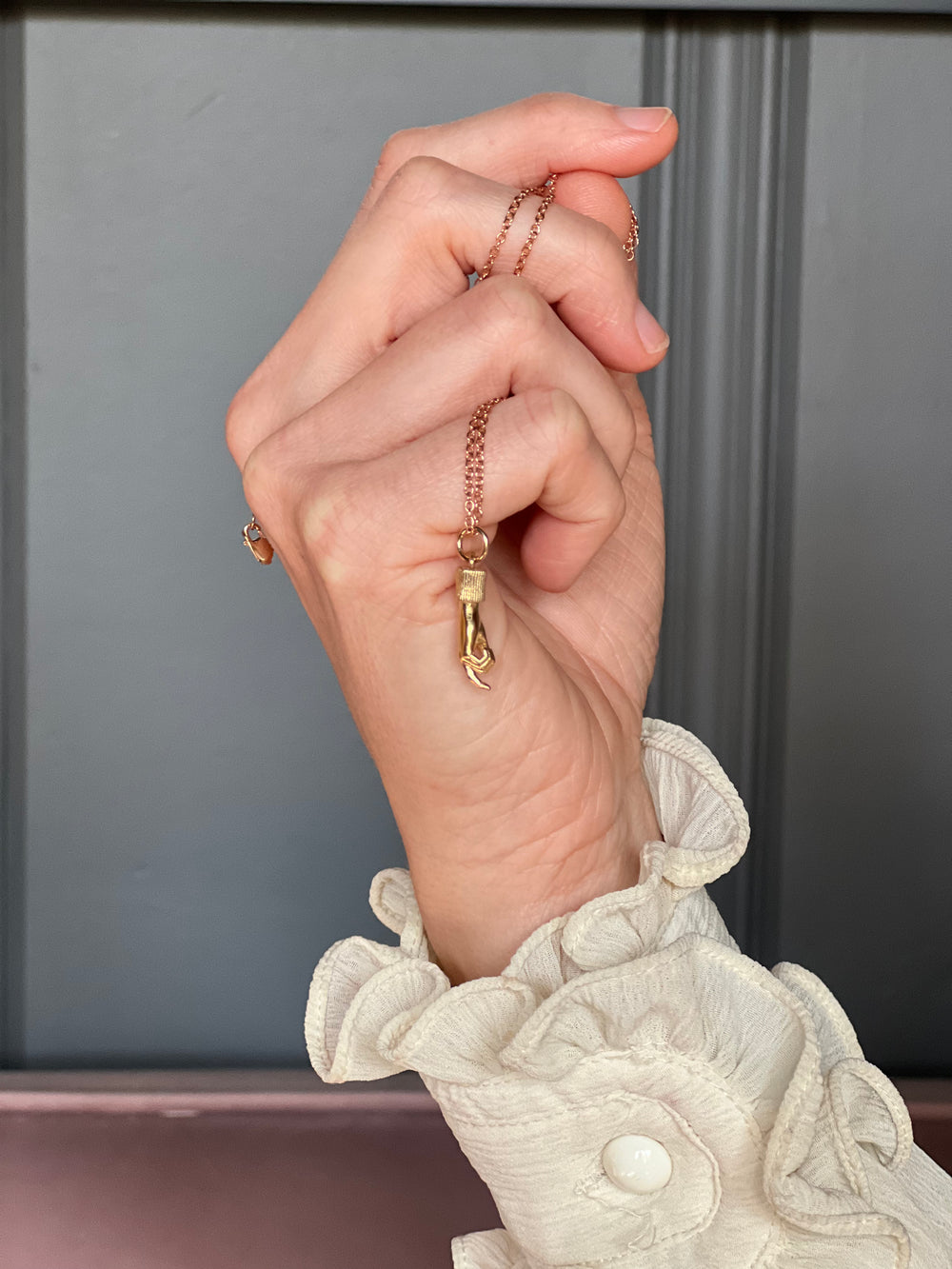Does Wearing a Rainbow Actually Matter?

My uncle committed suicide in his 70s, no doubt partly due to “staying in the closet” his entire life. When I reflect on the circumstances, I know that everyone in our family loved him and accepted him, yet he never spoke about it, so neither did we. It was too taboo. Eventually, he distanced himself from us, and I learned of his passing from a random person via Facebook Messenger who sought to find a family member. He was smart and tasteful, and inspiring to be with, and I’m so sad that he could not feel comfortable being the incredible person he was. Had he been surrounded by parents in rainbow apparel in a town that openly celebrated queer culture, might these symbolic gestures have opened the door for conversation? And might that conversation have led to understanding and acceptance?
As an activist, I wonder what gesture does matter. What will actually make a difference? What action is worth the time and energy? And, what is worth the mental capacity of the backlash?
Does an outward celebration of Pride - wearing a rainbow shirt, attending a parade, making a social media post move the needle for broader human rights and acceptance of a marginalized group of people?
This year is the third annual Pride parade in my small southern town. A Pride parade in June feels completely normal after living in NYC for 20 years, but taking myself out of a New York state of mind - this is a big, bold move for this community. This is a lovely community in many ways, but it’s the general population’s reluctance to adopt non-traditional ideas in order to stay in favorable social standing that keeps it from doing the right thing. It’s difficult to be part of the unpopular opinion, but unpopular does not mean wrong.
We are often encouraged to use our voices to stand up for what we believe in, but not all of us are great speakers. Often, we rely on symbolic gestures to make a point. The simple act of putting on a shirt, being part of the audience at a parade or taking a moment to say Happy Pride on your social media may not feel like enough to change minds, but it is. It’s our collective efforts as a society that begins to change culture, then culture changes business, and business changes policy (You know, because most lawmakers are influenced by lobbyists).
When your job is steeped in social media, like mine, you are confronted with never-ending hashtag holidays and awareness months. At some moments, social media seems trivial, partly due to the absurdity of these made-up holidays and the out-of-touch businesses and people that actually participate in them.
After managing social accounts for almost 10 years, it has begun to feel contrived for every business to wish all of their audience a Happy Whatever every single day, month, or year for said holiday because the number one rule in social media marketing is authenticity. This month is Pride, not a made-up celebration, but one that every business and person on social media must or must not address as part of their communications strategy in the post-2020 era of social responsibility.
Thus, if a person or business authentically believes in supporting an unpopular opinion that raises awareness for human rights, they are in no way wrong. It’s choosing not to be quiet, not to keep it hush-hush, because the status quo rarely serves the marginalized.
Supporting equal rights for the LGBTQIA+ population is more than a checklist on our social media calendar. It’s a sentiment from the depths of our beings, so profound that we created a business that can only fulfill an activist's desire to change the world.
We share tiny talismans to fight big battles because we know what it feels like to wear a rainbow shirt, see a stranger on the street holding a little rainbow flag, and both look at each other and say “Happy Pride,” fully knowing that you are together.




Leave a comment